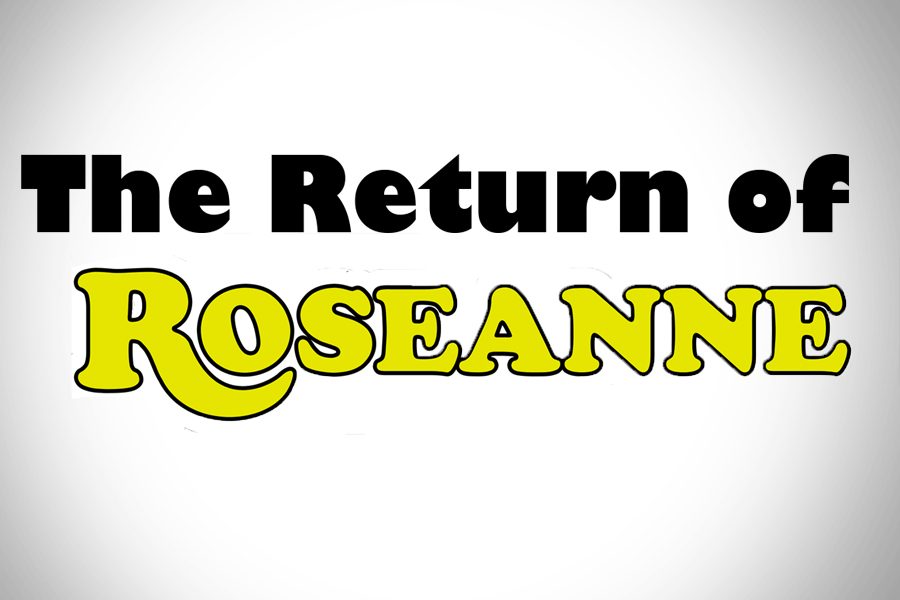Popular 80s Sitcom Returns to TV With Reboot Featuring Original Cast
May 16, 2018
Roseanne was a hit TV sitcom during the 80s which told the story of a working-class family struggling with everyday problems. The show was first aired Oct. 18, 1988 on ABC until its cancellation in May 1997, and is set to return March 27 with its original cast–20 years older.
At the time of its rising popularity, the show won many awards lsuch as the Peabody Award, a few Golden Globes, the American Comedy Award and a few Primetime Emmys, among others. Roseanne was also nominated for the Kid’s Choice Award.
For people who grew up with the series, it has been interesting to see an old show come back since that does not happen often.
“I think it’s really interesting how the director and the producers brought back the original cast,” English teacher Megan Pankiewicz said. “For people who grew up with the original series, it feels that time has passed naturally since everyone had grown older but still in the same place with the same personality.”
ABC released the Roseanne reboot for primetime television March 27. The first two episodes had 17.7 million viewers and a 4.9 rating from adults ages 18-49. When the second episode premiered the viewership rose higher to 18.6 million viewers and a 5.3 rating with the same age group.
Within these high ratings is a blend of mixed reviews from Americans who debated on the topic of the main character’s Republican viewpoints, as well as those of the starring actress Roseanne Barr.
While some viewers may not agree with the star’s political views, there are some who support the idea of her being a Republican.
“I think that it’s a great idea to represent our country on television,” junior Hailey Onsted said. “It’s good to bring out different viewpoints which brings out more diversity.”
Onsted also mentions that it is a great way to shine a light on representing the other half of the country since most characters in other shows are democrats and liberals.
Other viewers have noted the effect TV can have on society, specifically one that the media presents as politically controversial.
“I support the idea of having multiple political beliefs represented in pop culture,” U.S. history teacher Kevin Bernot said. “Pop culture icons have a way of influencing the ideas and behaviors of some people.”




